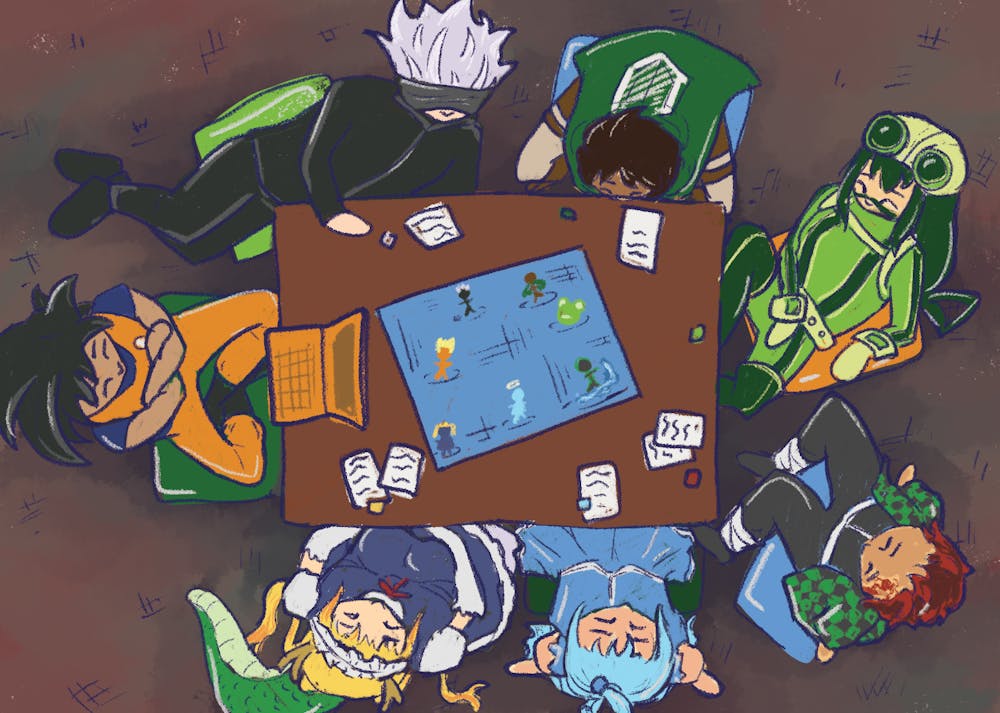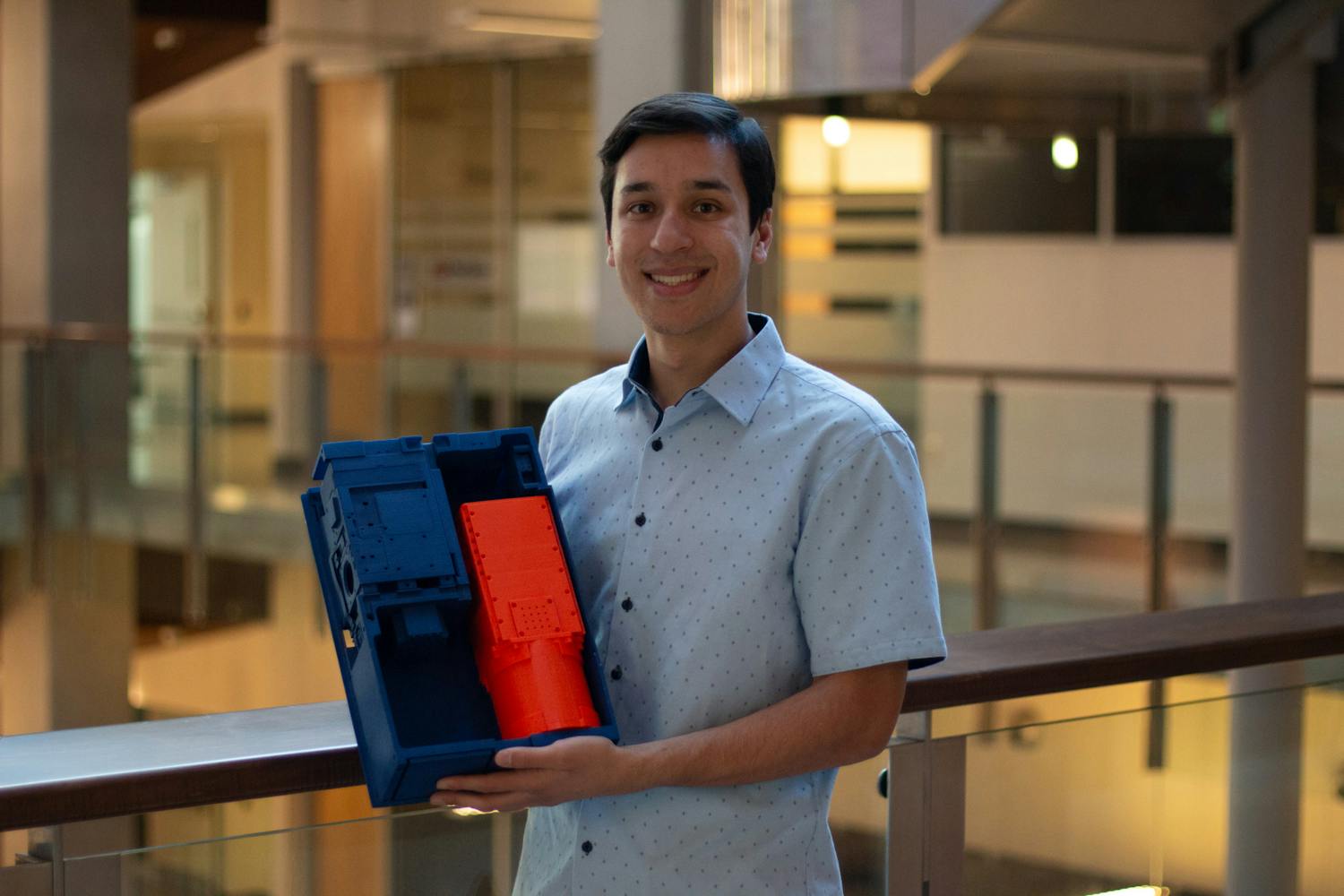Growing up, I liked video games. And I played them a lot. Name the genre and I’ve probably played a title from it. With their deep and often profound narratives coupled with their cinematic scores and breathtaking visuals, I couldn’t get enough of them.
Despite this, I rarely told friends I liked video games. I most often left this area of my life up to others to weave into conversation.
If a new kid I met at the lunch table also played video games, he might bring it up. We might play some games together. If not, the topic would remain hush talk, hidden behind shuttered windows and half-creased doors. Lisa Situ, a junior at ASU studying computer information systems and management, noted similar feelings of seclusion at her middle school.
Situ's interest in the video game community initially sparked when, in junior high, her brother first showed her League of Legends. Situ said at first, she didn't know anyone who played it, “but I think in eighth grade, I met a couple guys at my junior high that played it so I played with them.”
While players can join their friends online, gaming can be a lonely hobby. In my experience, my time playing games was spent mostly in my room, playing The Legend of Zelda all afternoon and occasionally telling a few friends about my journeys. Situ said in high school “she never was outwardly open” about her video game hobby.
The gaming community can have a reputation as a hostile and toxic community — think of gamer bros shouting into their microphones and chugging Mountain Dew — which makes it difficult for some gamers to feel comfortable labeling themselves as one.
Spencer Whitefoot, a sophomore studying computer science, said ending that stereotype by cutting down on that sort of behavior is vital to making the gaming community more welcoming and more appealing to everyone.
Hearing that individuals often wouldn’t share that they play games was common and understandable, as I kept it a secret myself. But college seemed to provide a rift in the status quo. "You know there's going to be someone out there who has the same interest as you," Situ said.
College seems to offer both a variety of people with different backgrounds and a sense of open-mindedness that can be difficult to find in high school. For some students, this can even be a way to make their initial friends in college.
Skylar Perry, a sophomore studying earth and space exploration, said her first friend at ASU was made through video games. Perry said one of the few friends she made over Zoom was a classmate who mentioned games in class.
"I messaged them through Zoom, and we connected from there," Perry said. "And we're still friends.”
These niche hobbies, and in this case video games specifically, now offer a prime avenue for socializing, making friends and trying new things. Why is it, then, that in the past I would often shy away from sharing these interests with others? Why would others do the same?
“In high school, you're more confined to like this set group of people,” Perry said. She has found it can be easier to meet people in college. "There was usually some slight fear of judgment from others," she said, referring to high school.
Not only do the people around us change, but we as students change as well. "As a person, I'm more comfortable with who I am,” Situ said. In both cases, there are great changes within us and without us that transpire to create a more open, welcoming and diverse environment.
Fear and judgment are inevitable, regardless of the activity. Add in any semblance of "nerdiness" or "geekiness” and many people would shy away from expressing their true interests. Before I enrolled at ASU, coming from the very closed-minded Scottsdale, I often thought about how we all needed to be more open-minded.
Although we all possess different interests, hobbies and passions, it’s easy to agree that open-mindedness, acceptance and tolerance are beneficial to all. The inherent aversion to any possible social embarrassment will always be present, but as the years go on, we grow more mature and the people around us grow more accepting, too.
When we are more accepting of others, not only do we make it possible for ourselves to pursue our own interests, but we pave the way for a more diverse campus.
Even more important comes sharing our experiences. “I think if high schoolers or younger people read this," Situ said, "they'll definitely feel more comfortable ... or at least not stray away from it or feel embarrassed about it."
Reach the reporter at cbeal4@asu.edu and follow @beal_camden on Twitter.
Like The State Press on Facebook and follow @statepress on Twitter.
Continue supporting student journalism and donate to The State Press today.




